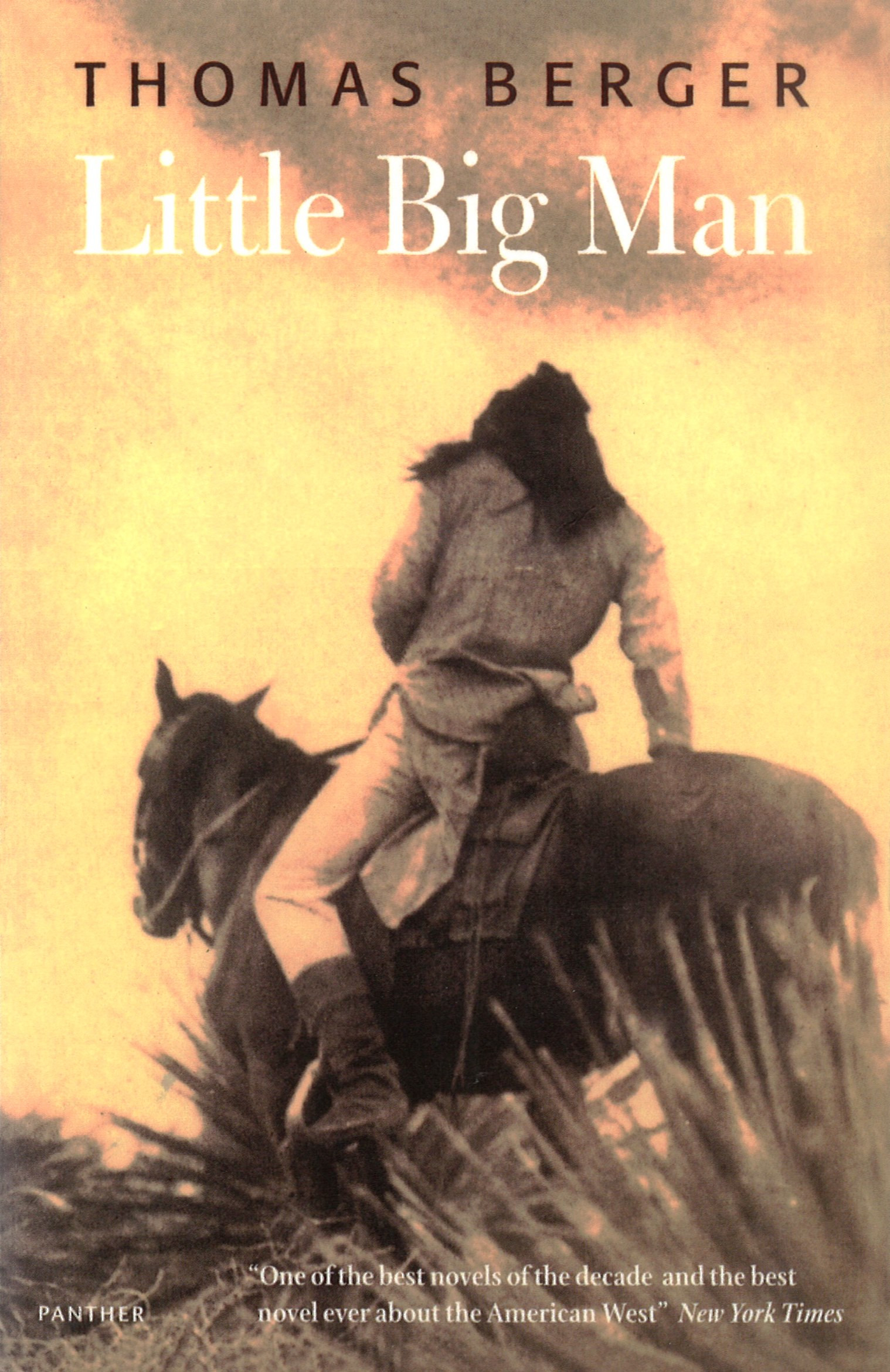What do you think?
Rate this book


422 pages, Paperback
First published January 1, 1964
[I]t is finished now, because what more can you do to an enemy but beat him? Were we fighting red man against red man – the way we used to, because that it a man’s profession, and besides it is enjoyable – it would now be the turn of the other side to whip us. We would fight as hard as ever, and perhaps win again, but they would definitely start with an advantage, because that is the right way. There is no permanent winning or losing when things move, as they should, in a circle. For is not life continuous? And though I shall die, shall I not also continue to live in everything that is?
The buffalo eats grass, I eat him, and when I die, the earth eats me and sprouts more grass. Therefore nothing is ever lost, and each thing is everything forever, though all things move.

